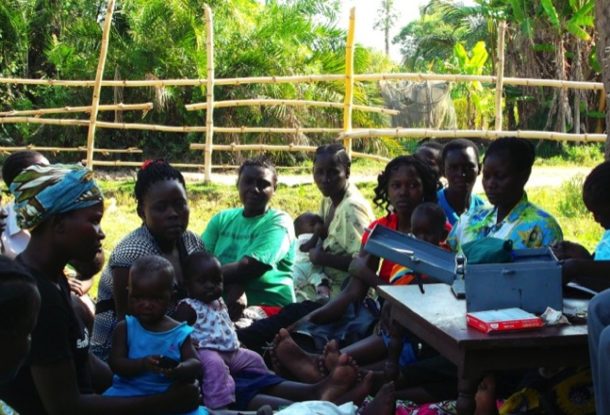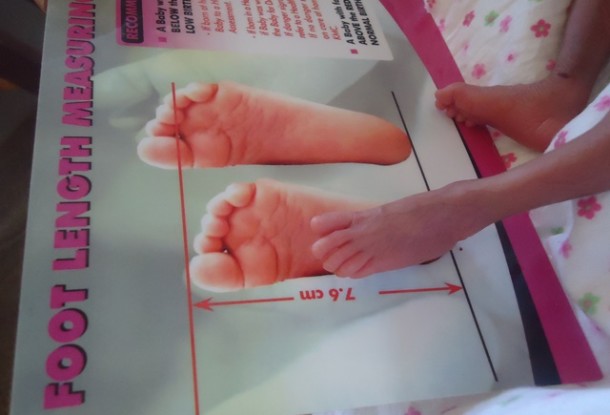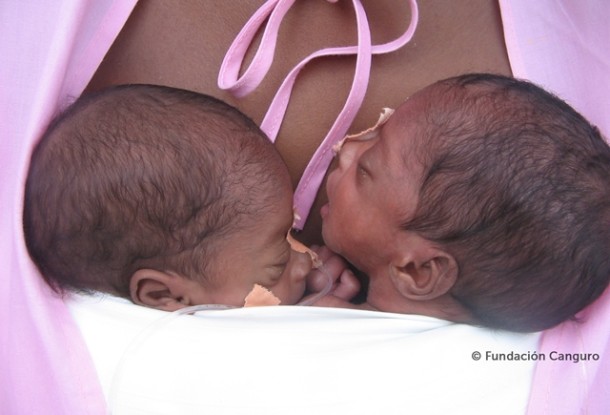This project aims to develop and evaluate a set of child development and maternal care tools and materials that will allow private clinics to promote urban children’s brain development in the first year of their life.
This project has three main objectives:
- Develop an integrated early child development care package with three key components: child development, nutrition counseling, and maternal mental health.
- Arrange, implement and monitor the care package at 11 selected private clinics.
- Evaluate the intervention’s effectiveness and feasibility through a randomized controlled trial and associated costing and qualitative studies.
At each selected clinic, the ECD care package will be integrated into the routine primary health care package. The child-mother pair enrolled for the intervention will visit the clinic on quarterly basis.
Each mother will be counseled, with the help of specially-designed pictorial tool, on the following: child brain development, child nutrition, and mother mental health. This counseling will be supplemented by providing mothers a take-home brochure as a reference, and in case of depression, drugs will be prescribed if/as needed.
The innovation will engage the respective local district health office mainly in: mapping and selection of private clinics; training of clinic staff; enabling community advocates; and monitoring ECD care delivery at the clinics. In these ways, it will enable the local district health office to support these clinics in their provision of child development care package to mothers and young children living in poor urban localities. An average of five community advocates will be enabled in the catchment population of each private clinic to generate awareness about the “need” and the “services” offered, and to “mobilize” mothers and families to access the services.
 In Pakistan, around 15% of young children have hindered development, underperforming in at least two domains. [1] As in most developing countries, early child development has been a grossly neglected area of public health in Pakistan. There is inadequate measurement of early child development, and little assessment of the determinants of brain development. Further, women in Pakistan have limited access to early child development care because public hospitals are overloaded, many private clinics simply do not offer the service, and/or families simply cannot afford the care.
In Pakistan, around 15% of young children have hindered development, underperforming in at least two domains. [1] As in most developing countries, early child development has been a grossly neglected area of public health in Pakistan. There is inadequate measurement of early child development, and little assessment of the determinants of brain development. Further, women in Pakistan have limited access to early child development care because public hospitals are overloaded, many private clinics simply do not offer the service, and/or families simply cannot afford the care.



